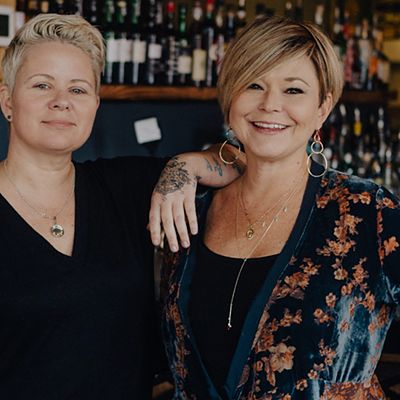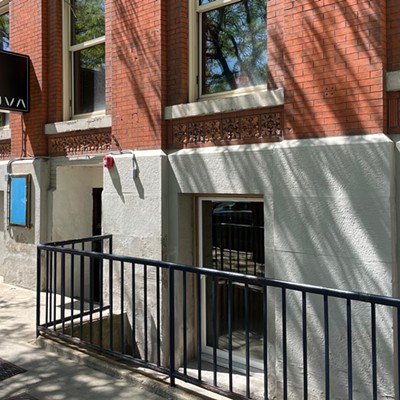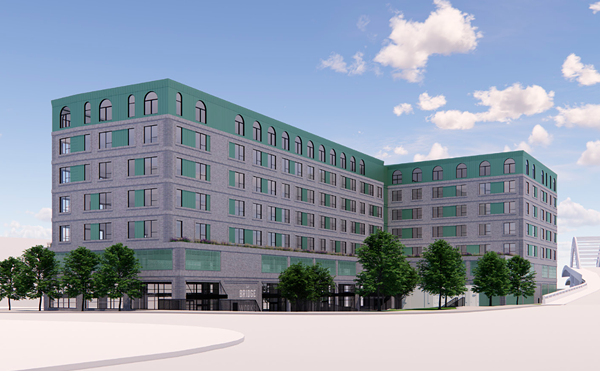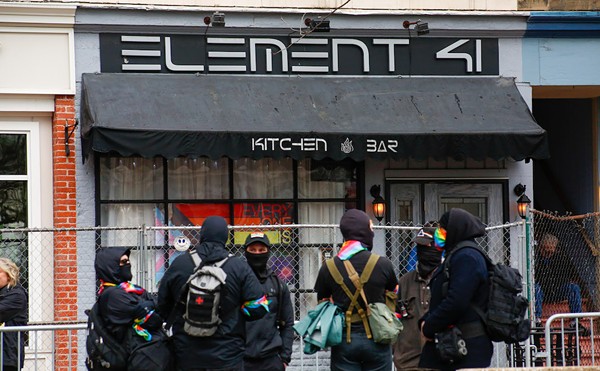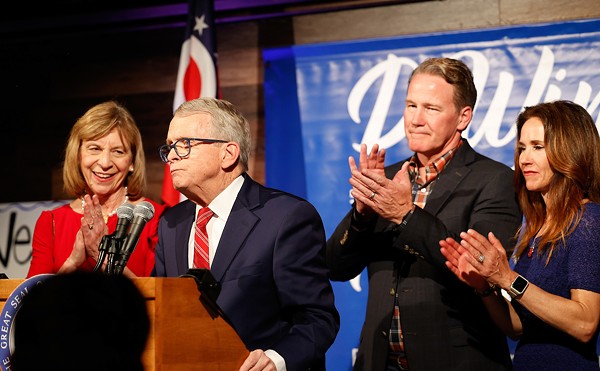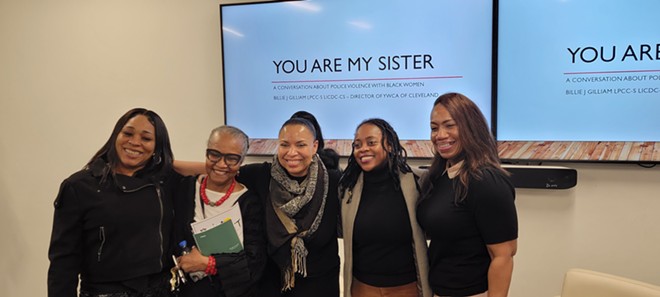
A group of Cleveland organizations started a four-part Cleveland Conversation Series about the impacts of police brutality in Cleveland’s Black community last Thursday with “You are My Sister, a Conversation about Police Violence with Black Women.” Each session is led by a mental health professional and focuses on the experiences of Black women, men and youth.
The first conversation, held on the anniversary of Angelo Miller’s death, was dedicated to the ways police violence impacts the mental health of Black women and the Black community. Billie Gilliam, a licensed clinical counselor and director of Clinical Services at YWCA Greater Cleveland, spoke in a panel discussion about the importance of recognizing trauma in both the body and the mind, before leading a question and answer session.
“I use a term all the time…visceral reactivity,” said Gilliam. “Visceral reactivity is how your body is responding to things because what your body does is scan the environment for safe and unsafe. That’s your body’s job. Your brain’s job is to seek pleasure and avoid pain. But your body can be misinformed depending on what your experiences have been.”
With the abundance of footage of police violence that circulates in the news and on social media platforms, Gilliam says she avoids watching the videos to protect herself.
“Even the stories are hard to read because you can still get PTSD as a diagnosis just by learning of an event. We're creating a body that's hypersensitive to stress and even if it’s not a high-stress situation, our bodies will view it as so.”
Stress places physiological burdens on not only the mind but the body. Prolonged stress-response can weaken one’s immune system and is a risk factor for serious conditions like diabetes, autoimmune disorders, mental illness, obesity, heart disease and more.
According to the American Psychological Association, perceived discrimination is a key factor for health disparities related to stress in racial groups, and Black Americans are among racial minority groups that have been severely impacted by hypertension and diabetes as a result of chronic stress from discrimination.
For Black women and others who give birth, stress caused by racism can also impact birth outcomes. In the United States, the maternal death rate was nearly 70 in 100,000 for Black Americans, 2.6 times higher than the maternal death rate among white Americans.
Beyond stress on an individual, Gilliam spoke about the ways trauma informs women's relationships.
“We’re doing that because we want to make sure they stay alive, which is unfortunate. We shouldn’t have to teach people how to live,” Gilliam said. “That should be a right, not a privilege. But we pass our traumatic exposures to our children, just so we can make sure they stay alive as much as possible.”
The next session is scheduled for Saturday, April 29 and is titled “Real Men Real Talk: Black Men’s Conversation”.
Because of the role professional help can play in healing trauma, the ADAMHS Board is offering to sponsor people who attend the Cleveland Conversation Series sessions to get therapy from any of the partnering mental health organizations. The Board will sponsor one session a month for a year for up to 75 individuals, with no cost to the patient.
Black Lives Matter Cleveland; The Angelo Miller Foundation; the Cleveland Community Police Commission; Alcohol, Drug Addiction and Mental Health Services Board (ADAMHS) of Cuyahoga County; Spread the Love Foundation; Alpha Phi Alpha Fraternity Inc. Delta Alpha Lambda Chapter; and the Woodruff Foundation are among the organizations collaborating on the series.
Coming soon: Cleveland Scene Daily newsletter. We’ll send you a handful of interesting Cleveland stories every morning. Subscribe now to not miss a thing.
Follow us: Google News | NewsBreak | Instagram | Facebook | Twitter

